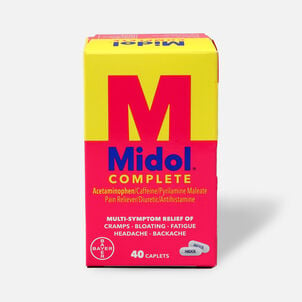There is nothing simple or easy about divorce. It's exhausting, time-consuming and expensive. Divvying everything you have built together can be particularly difficult. This may include your home, vehicles, savings, investments, and more.
It may even include your health savings account (HSA) balance. If you're ready to part ways, knowing the basics may ease some of your concerns. Here's what to expect for your HSA.

What is a divorce decree?
The paperwork often feels never-ending when you are dissolving a marriage. There is your petition for divorce, summons, financial affidavit, and more. As the process winds down, you'll receive a court order — called a divorce decree. It's a legal document that splits up your property and outlines child custody arrangements. It may also include a ruling on alimony or child support payments.
What happens to your HSA?
Divorce decrees eliminate tough decisions. They say exactly who gets what — including accounts like your HSA. If you are young, healthy, and rarely use it, you may have a sizable balance. The courts try to be fair, but you can't control the outcome. The decree may require you to transfer the balance to your ex-spouse. Luckily, the move won't trigger extra taxes.
Can you get a tax break for your ex-spouse's out-of-pocket expenses?
Another part of the divorce decree may involve keeping your ex-spouse on your health insurance for a period of time. If this is the case, don't assume you can use your HSA money to pay for their out-of-pocket health expenses — even if these were "qualified medical expenses" before the divorce. If you are under 65 and spend HSA money on your ex-spouse, you will pay income tax on the withdrawals (with a 20% penalty, to boot!) because they're no longer a qualified dependent.
Who's a dependent after the divorce?
Divorce is especially tough with children. Your decree may outline who is the "custodial parent," which is important to know for tax purposes. Even though there are no dependency exemptions through 2025, there are still tax breaks when you claim someone as a dependent. That's why the IRS has specific rules about who is a qualifying child. Their criteria include:
- They are your son or daughter, stepchild, foster child, brother or sister, half brother or sister, stepbrother or stepsister. The child of any of these family members count too.
- They are under 19, under 24 and a student, or permanently disabled.
- They live with you for more than half of the year.
- They haven't paid for more than half of their own support.
- They aren't married and filing a joint return.
The qualifying child rules make a big difference for tax breaks on your return. But it won't impact your ability to use an HSA for your child's health care expenses. Both parents can do it, even if they don't claim the child as a dependent.
Always defer to a professional
Navigating your HSA post-divorce may be tricky. The rules can be confusing — especially when there is an ex-spouse or children involved. Divorce is stressful enough on its own. To avoid costly mistakes, it's always best to seek professional advice.


.png)
















